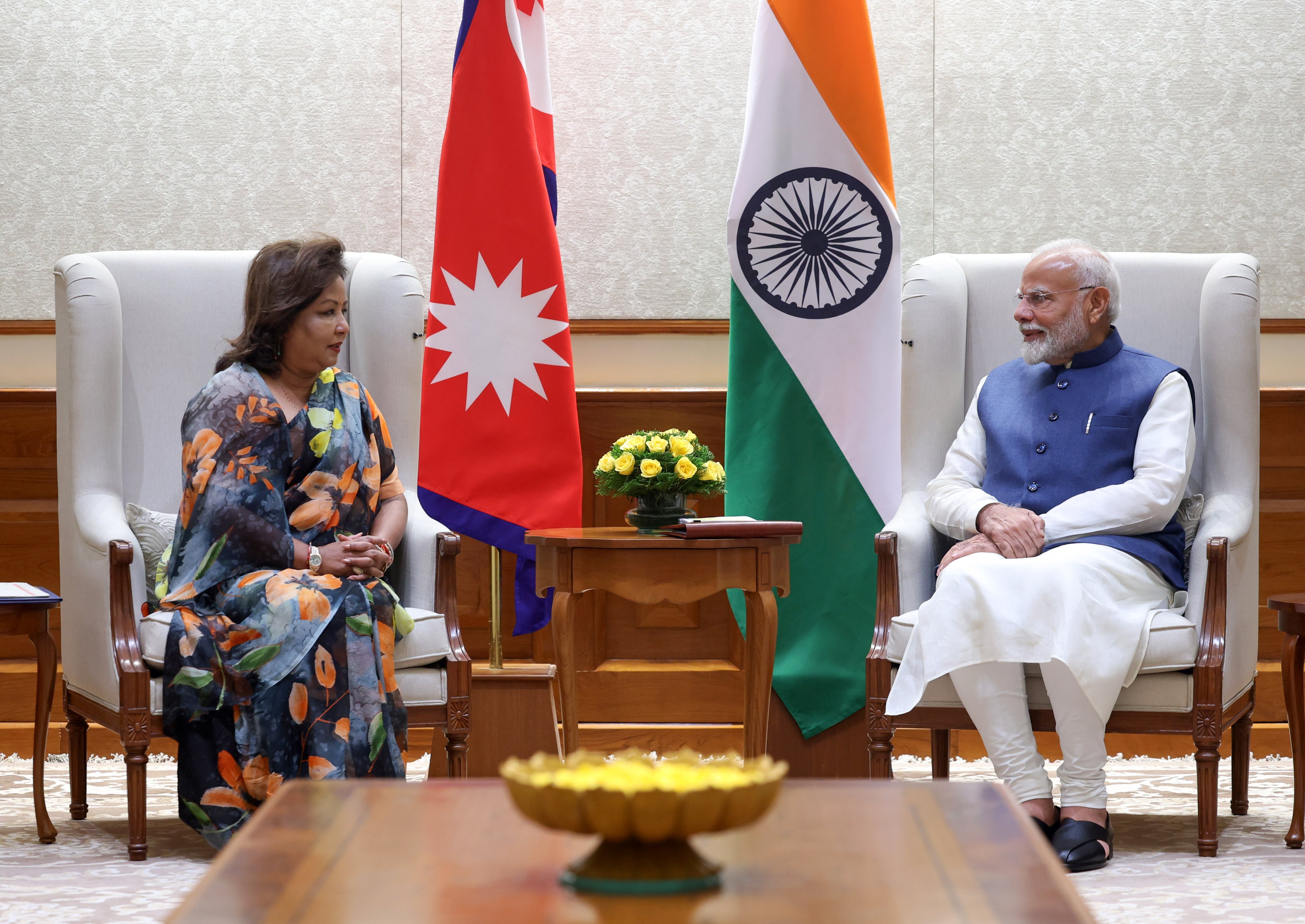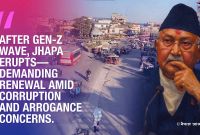Arzu Rana’s Diplomatic Setback in Delhi and Its Implications for the Oli Government

Foreign Minister Arzu Rana’s recent visit to Delhi has sparked discussions within Nepal's political circles about the effectiveness of the government’s diplomatic outreach and its broader implications for domestic politics. Rana, who traveled with the intention of strengthening ties and setting the stage for Prime Minister KP Sharma Oli’s proposed visit to India, faced a notably cold reception. Despite her efforts, she failed to secure meetings with key Indian leaders, including Prime Minister Narendra Modi and Foreign Minister S. Jaishankar. This diplomatic snub has raised questions about Rana’s influence and the credibility of the current government’s foreign policy approach.
The lack of engagement during Rana’s visit is seen as a reflection of skepticism surrounding the Oli government’s reliability on international commitments. The absence of tangible outcomes from her trip has placed additional pressure on PM Oli, whose leadership is already under scrutiny amid internal party conflicts and declining public support. Within Nepal, this incident has fueled speculation about the ruling coalition’s cohesion and its ability to navigate complex diplomatic challenges effectively.
Rana’s failure to secure high-level meetings has also had domestic repercussions, as it was expected that her visit would finalize the schedule for Oli’s anticipated trip to India. The uncertainty surrounding this visit has contributed to growing tensions within the ruling party and the coalition government, particularly with the Nepali Congress. The strained relations between coalition partners, exacerbated by disputes over key policy issues, are threatening to destabilize the government further.
For Rana, this diplomatic setback could impact her standing within Nepali Congress, where internal leadership battles are intensifying. Her inability to deliver results from her Delhi trip has provided ammunition to critics within her own party and beyond, potentially undermining her political leverage. Congress leader Sher Bahadur Deuba’s future strategy is expected to hinge on Rana’s report, which will shape the party’s approach to its role within the coalition and its positioning in the next election cycle.
The Oli government’s broader challenges, including allegations of corruption, governance failures, and economic mismanagement, have already eroded public trust. The recent diplomatic misstep adds another layer of complexity, exposing vulnerabilities in the administration’s foreign policy strategy and its handling of international relations. As the political landscape continues to shift, Rana’s visit serves as a microcosm of the broader issues facing the government, with potential ramifications for its stability and long-term viability.




![From Kathmandu to the World: How Excel Students Are Winning Big [Admission Open]](https://nepalaaja.com/img/70194/medium/excel-college-info-eng-nep-2342.jpg)
